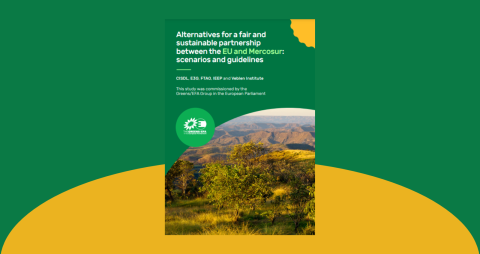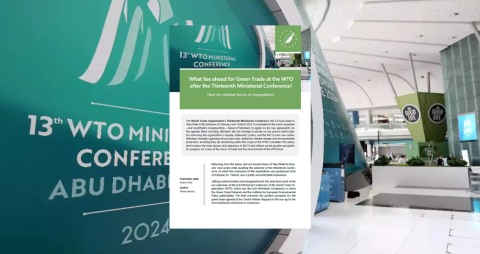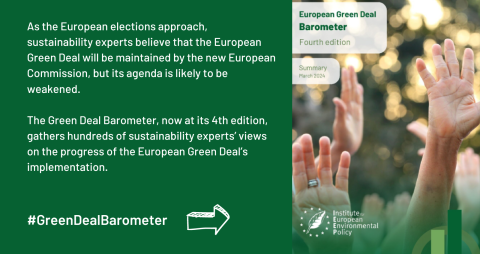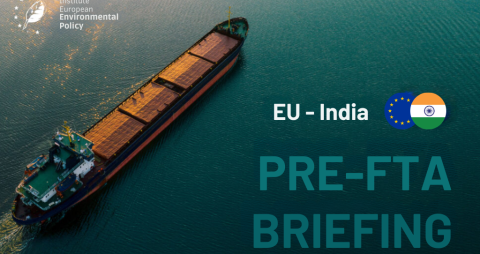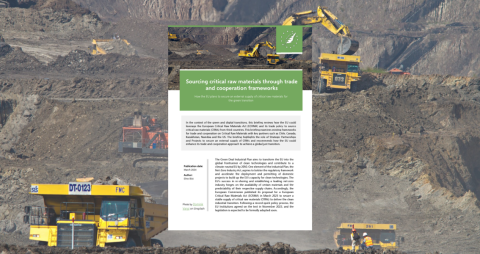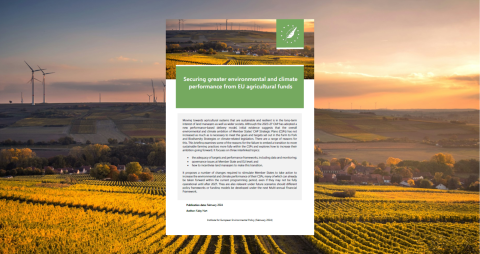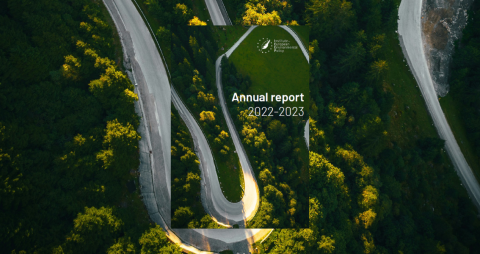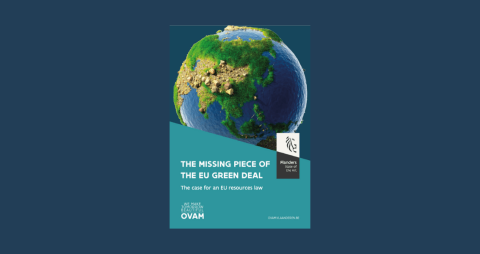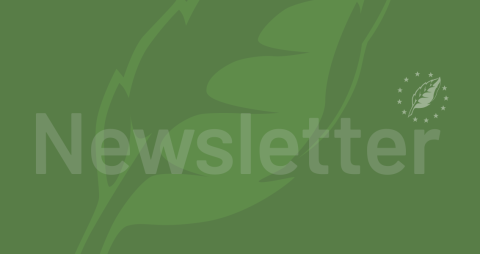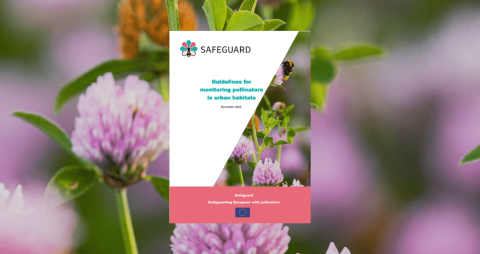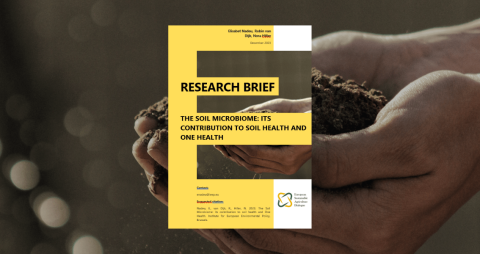Publications
- Home
- Publications
Type
Library Type
Categories
Select Categories
For any old articles please send a request at brussels@ieep.eu
Publications
Our reports and publications cover a wide variety of topics.
If you cannot find what you are looking for, please contact us directly at brussels@ieep.eu
- , Briefings
This policy brief reviews the main lessons and outcomes of MC13 and reflects on the positive prospects for progress on issues at the nexus of ...
- , Reports
As the European elections approach, hundreds of sustainability experts believe that the European Green Deal will be maintained by the new European Commission, but its ...
- , Briefings
The EU and India resumed trade talks in the summer of 2022 following seven years of unsuccessful negotiations which eventually stagnated in 2013. This briefing ...
- , Briefings
This briefing examines existing frameworks for trade and cooperation on
Critical Raw Materials with key partners such as Chile, Canada,
Kazakhstan, Namibia and the US. It highlights ...
- , Briefings
Moving towards agricultural systems that are sustainable and resilient is in the long-term interest of land managers as well as wider society. Although the 2023-27 ...
- , Annual reports
Every year the Institute for European Environmental Policy - IEEP AISBL produces their Annual report summarising the activities, projects and initiatives covered in the financial ...
- , Briefings
This briefing, commissioned by the European Parliament’s Environment Committee, provides an overview of developments to date on the Kunming-Montreal Global Biodiversity Framework. ...
- , Reports
This new report suggests a new EU Material Resources Law, to tackle the excessive use and consumption of material resources and support the EU’s Green ...
- , Newsletters
Think2030 Dialogue - Spain took place on 16 November at the Ministry for the Ecological Transition and the Demographic Challenge in Madrid. ...
- , Newsletters
This month IEEP presented a future vision on transforming EU land use and the Common Agricultural Policy (CAP) in an open and fruitful dialogue ...
- , Reports
This guidance aims to bring tools and knowledge for cities to use pollinators as indicators of their urban greening and carry out pollinator monitoring. ...
- , Briefings
Undergoing research is showing the importance of the soil microbiome for healthy functioning soils and ecosystems as well as for humans and animal health. This ...

